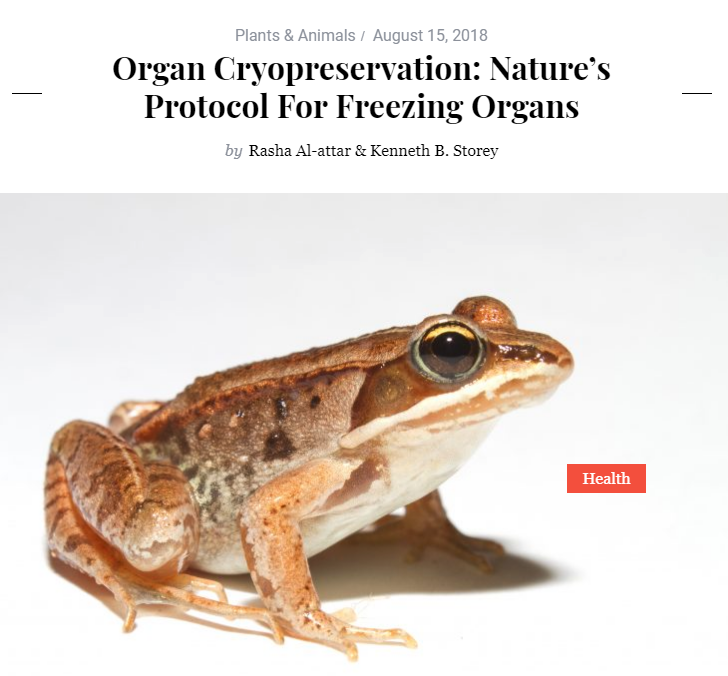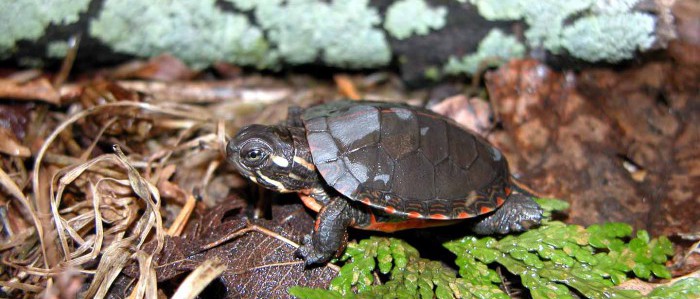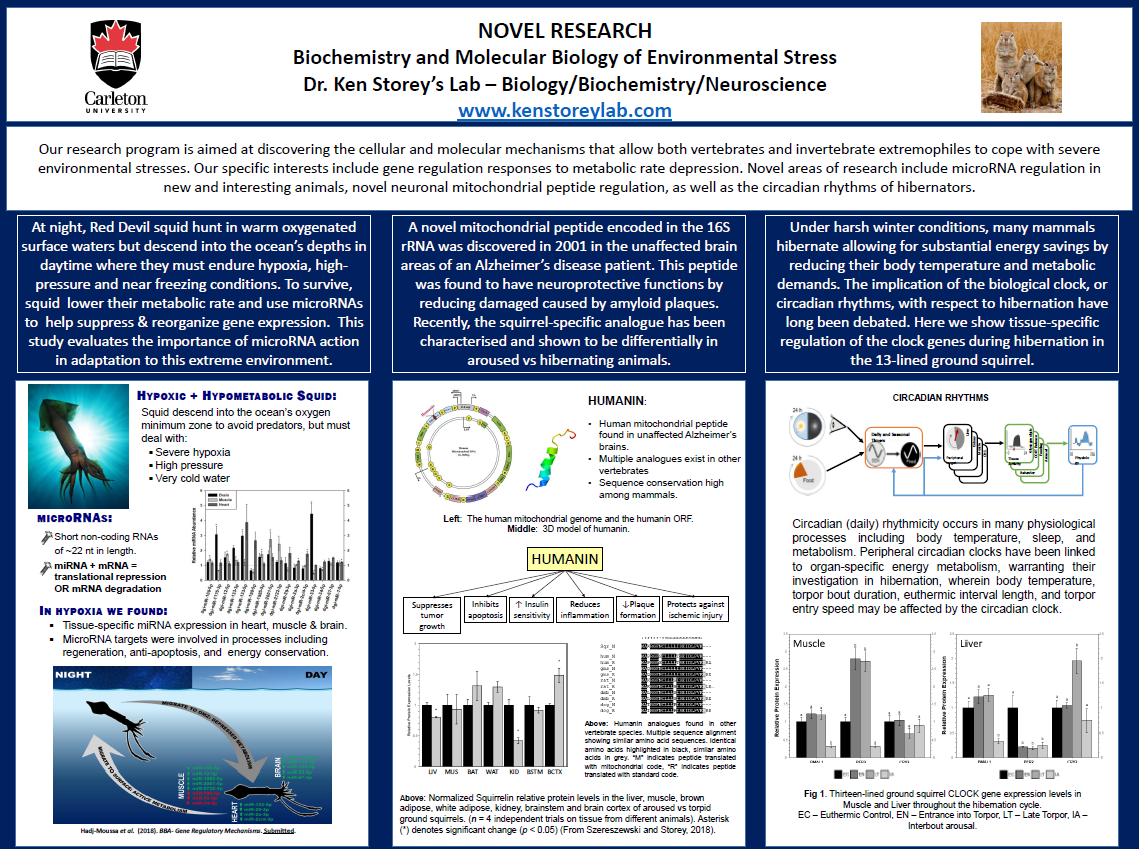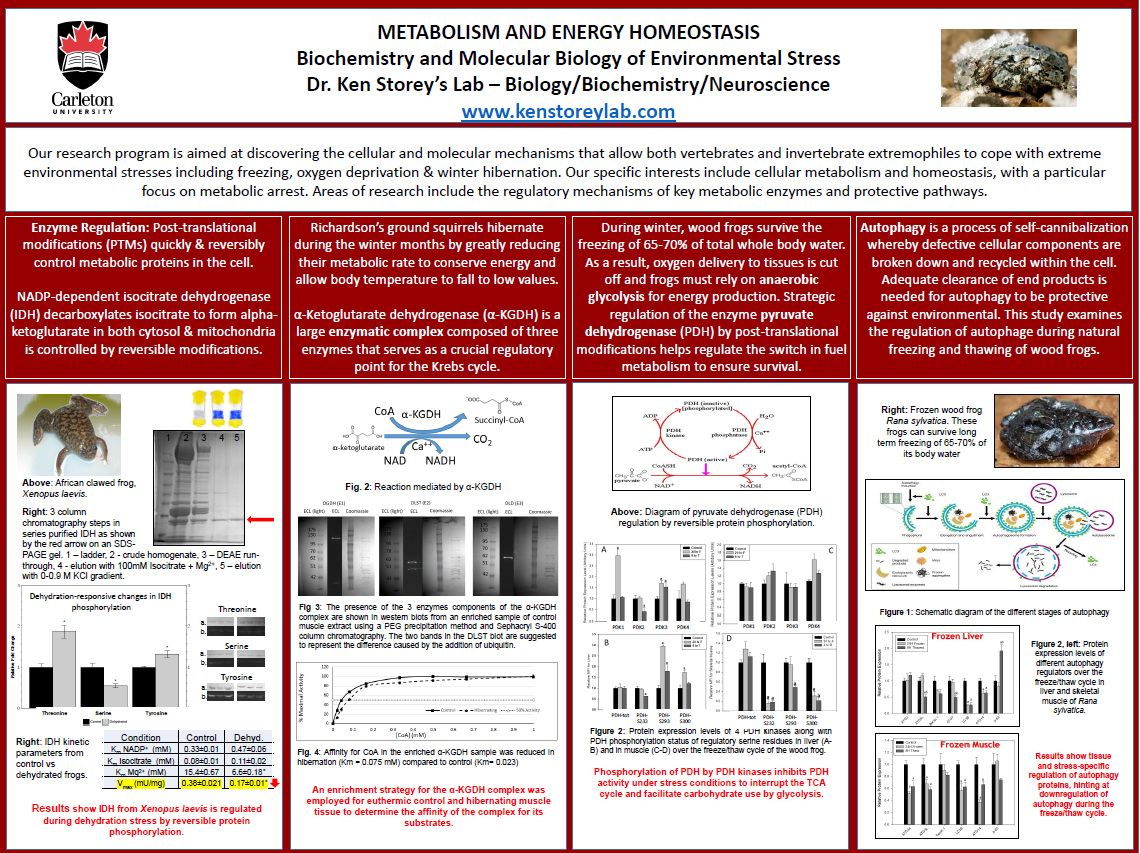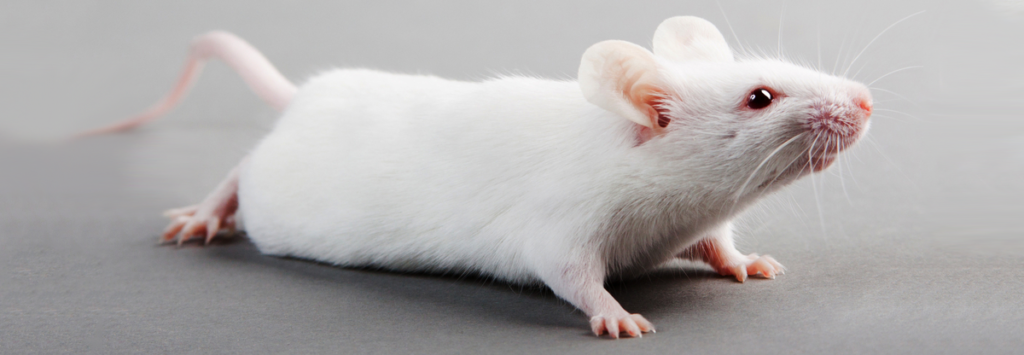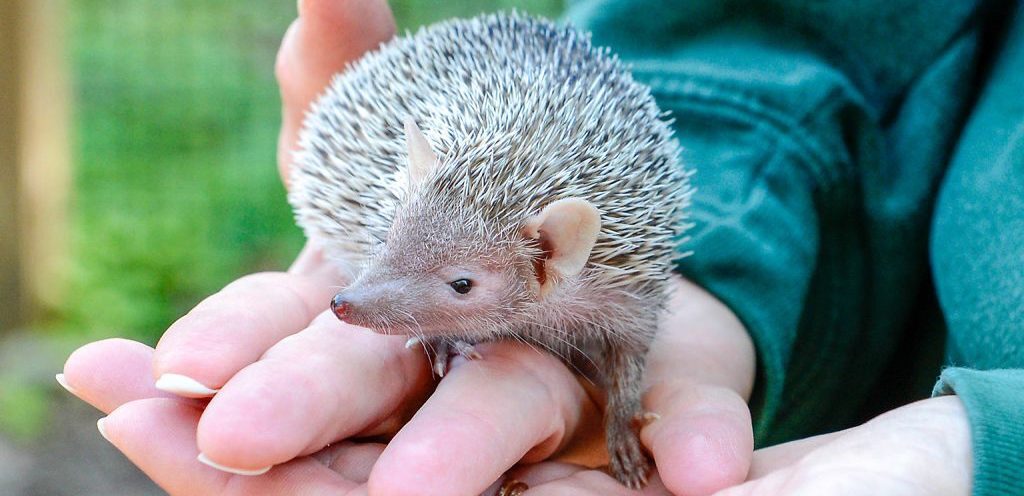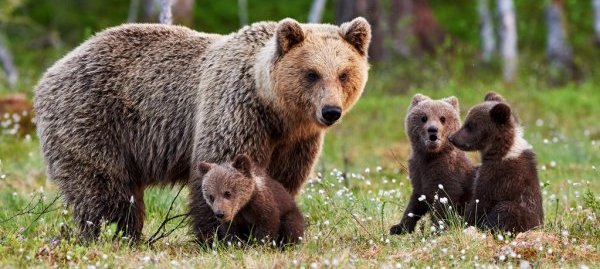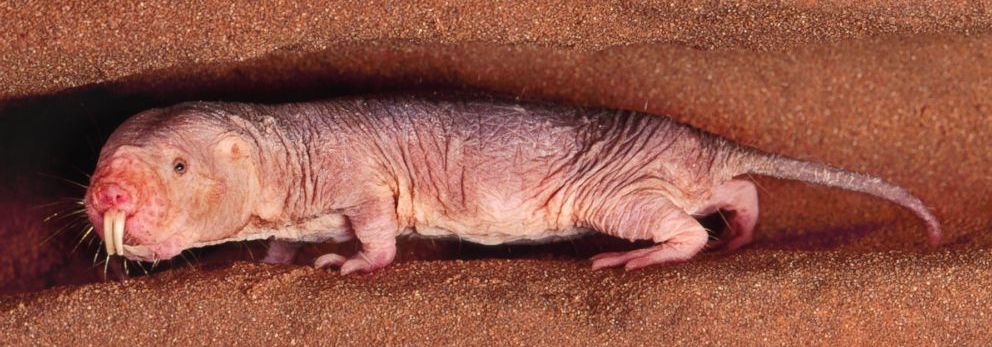Research Interests
The Storey Lab studies the biochemical adaptations and molecular mechanisms that allow animals to adapt to extreme environmental stresses such as the deep cold, oxygen deprivation, and desiccation.
Positions Available
New projects are available for Graduate students and Honours students. For a more detailed description of the projects currently available for Graduate and Honours students visit the Opportunities page.
Contact Information
Email: KenStoreyATcunet.carleton.ca
Email: JanStoreyATcunet.carleton.ca
Telephone: +1 (613) 520-2600 x3678
Ken Storey is among the Top 2% of highly cited scientists in the world.
This list was generated by Stanford University, together with Elsevier and SciTech Strategies, and contains a ranking of the top 2% scientists in the world (with 159,648 names).
Newest Publications
Novel Animals Under Study in the Storey Lab
Lab mice!
Regular mice can hibernate in the lab! These animals have amazing genetic, cell, and molecular resources to uniquely study hibernation!
Tenrecs!
These ancient "stem" mammals conserve energy by dropping their metabolic rate for up to 11 months a year! They allow a unique mammalian insight into total metabolic rate depression (MRD)!
Bears!
In a project linked to European labs working with the European Space Agency (ESA), we have samples of tissues of bears awake and hibernated! Epigenetics work underway!
Naked mole-rats!
We are studying control versus hypoxic naked mole-rat (NMR) tissues for stress pathways, epigenetics, and energy metabolism!
In the News!
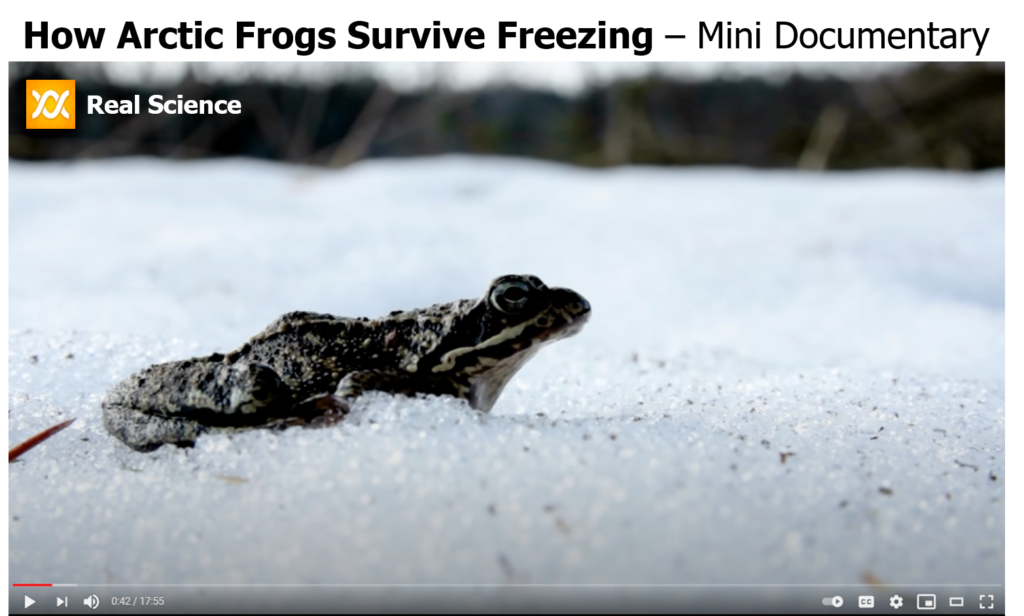 -----------------------------------------------------------------------------
-----------------------------------------------------------------------------
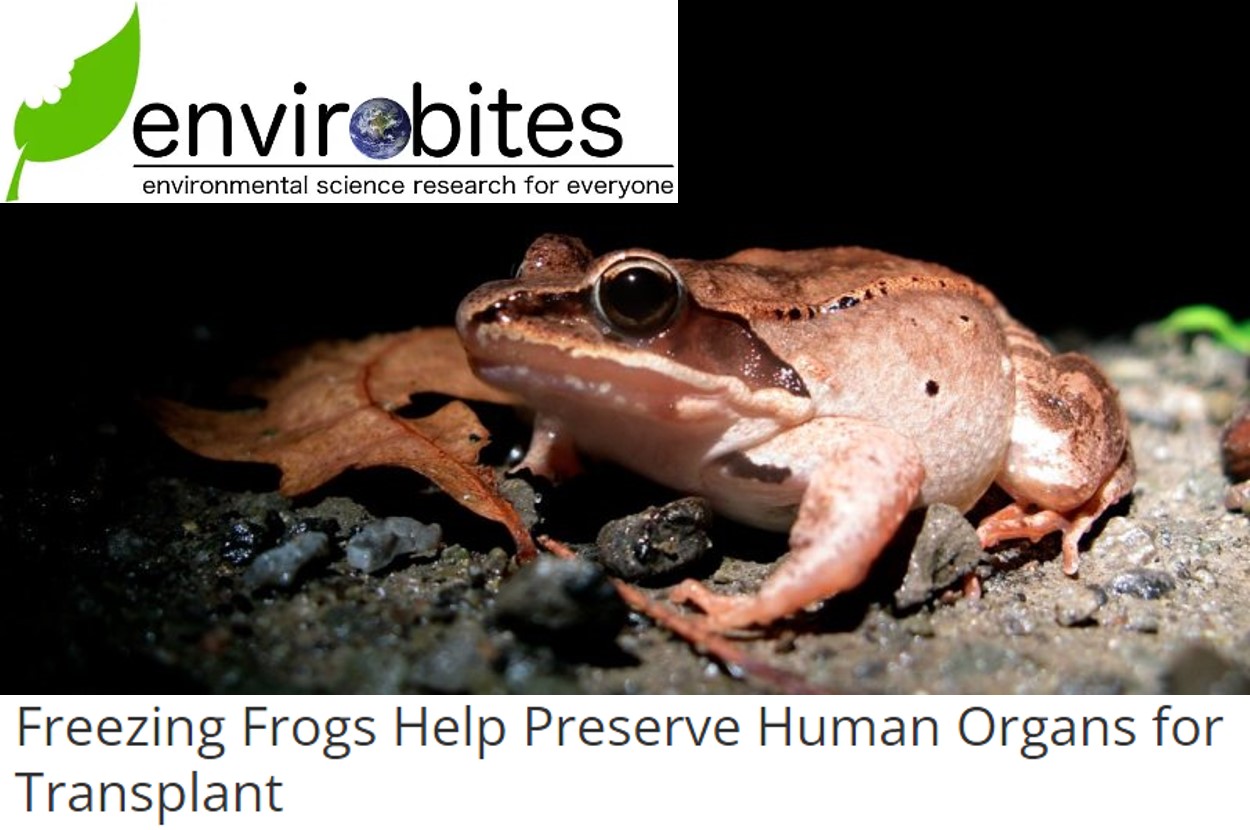 -----------------------------------------------------------------------------
-----------------------------------------------------------------------------
 -----------------------------------------------------------------------------
-----------------------------------------------------------------------------
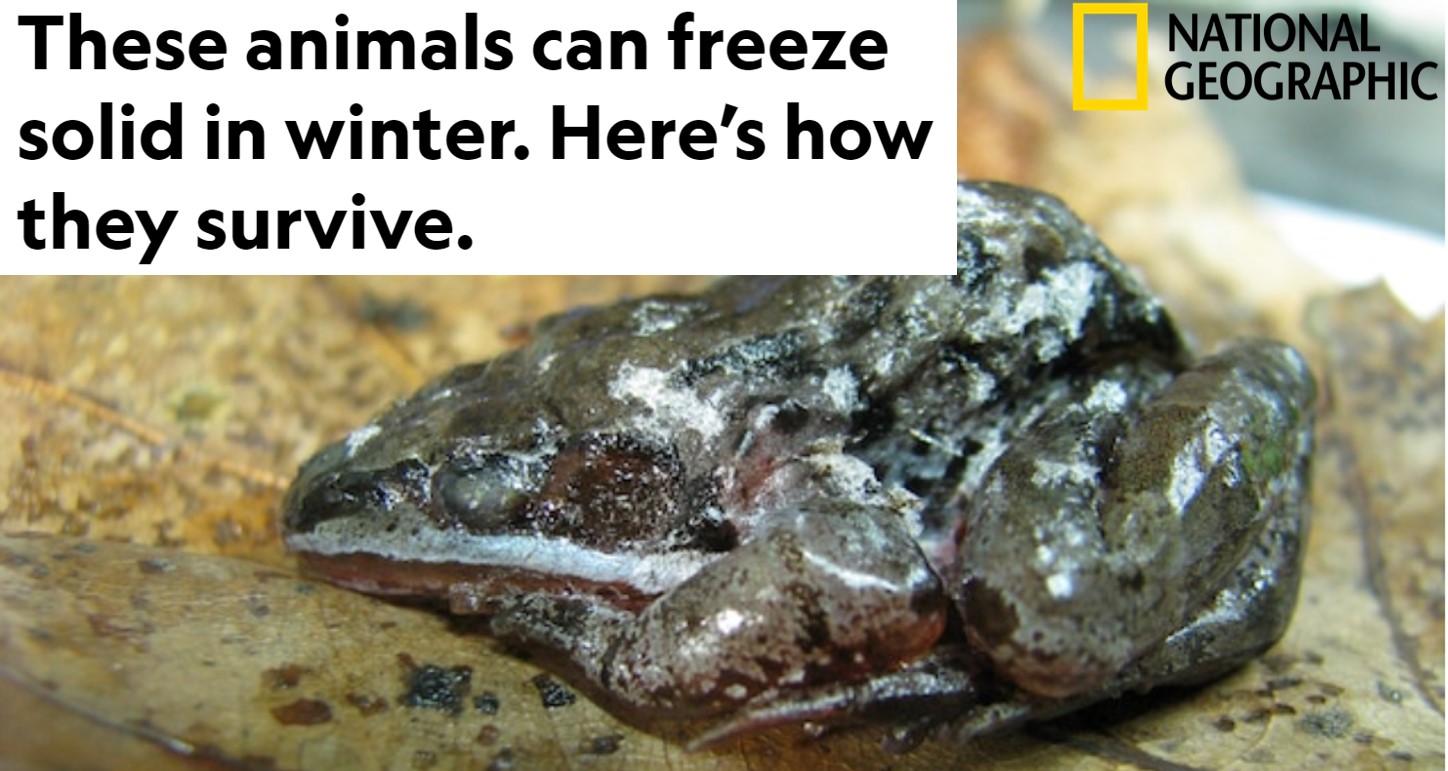 -----------------------------------------------------------------------------
-----------------------------------------------------------------------------
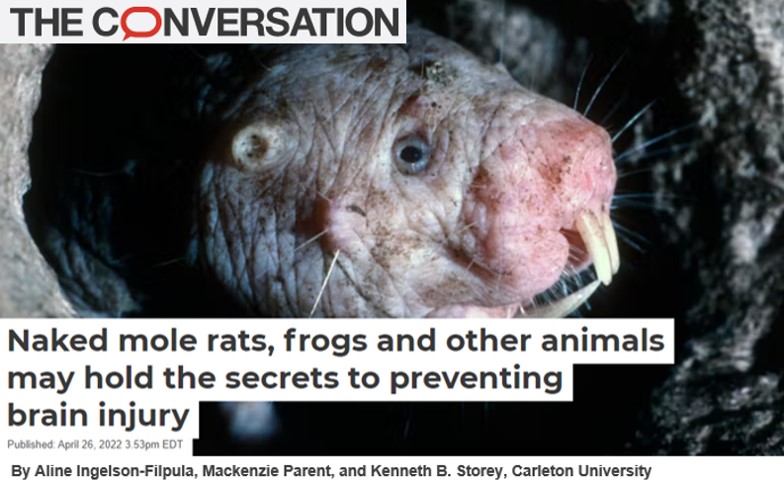 -----------------------------------------------------------------------------
-----------------------------------------------------------------------------
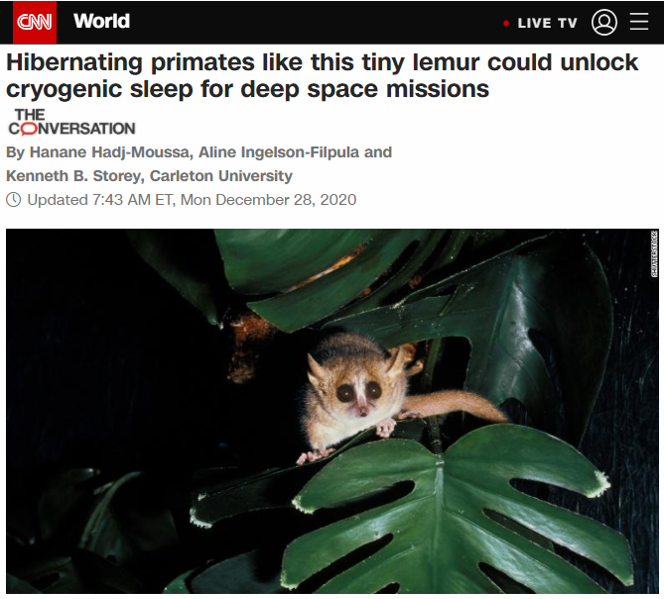 -----------------------------------------------------------------------------
-----------------------------------------------------------------------------
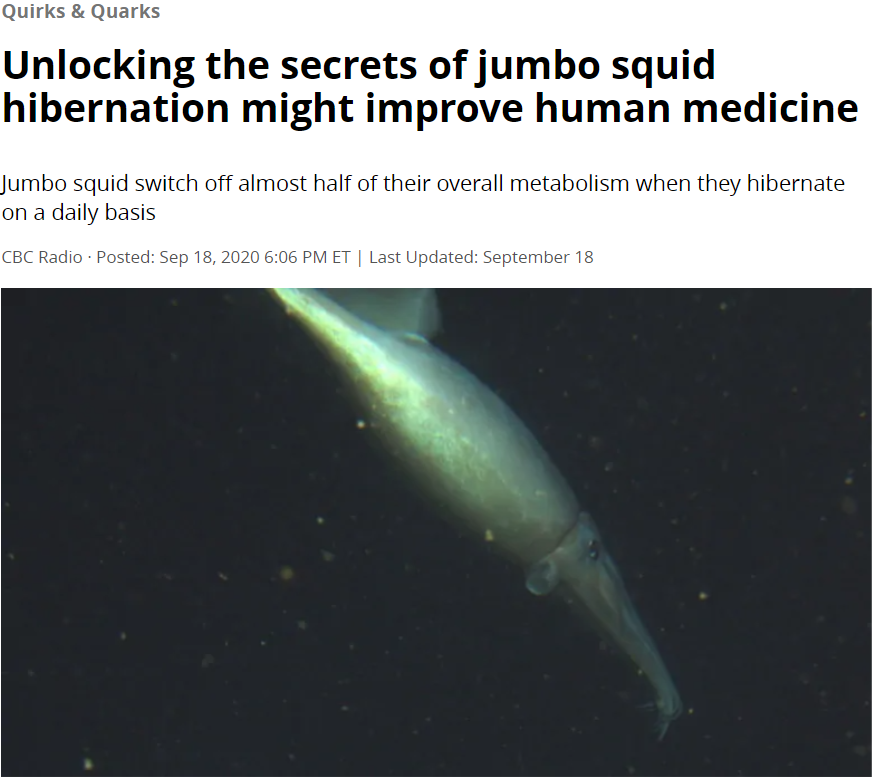 -----------------------------------------------------------------------------
-----------------------------------------------------------------------------
